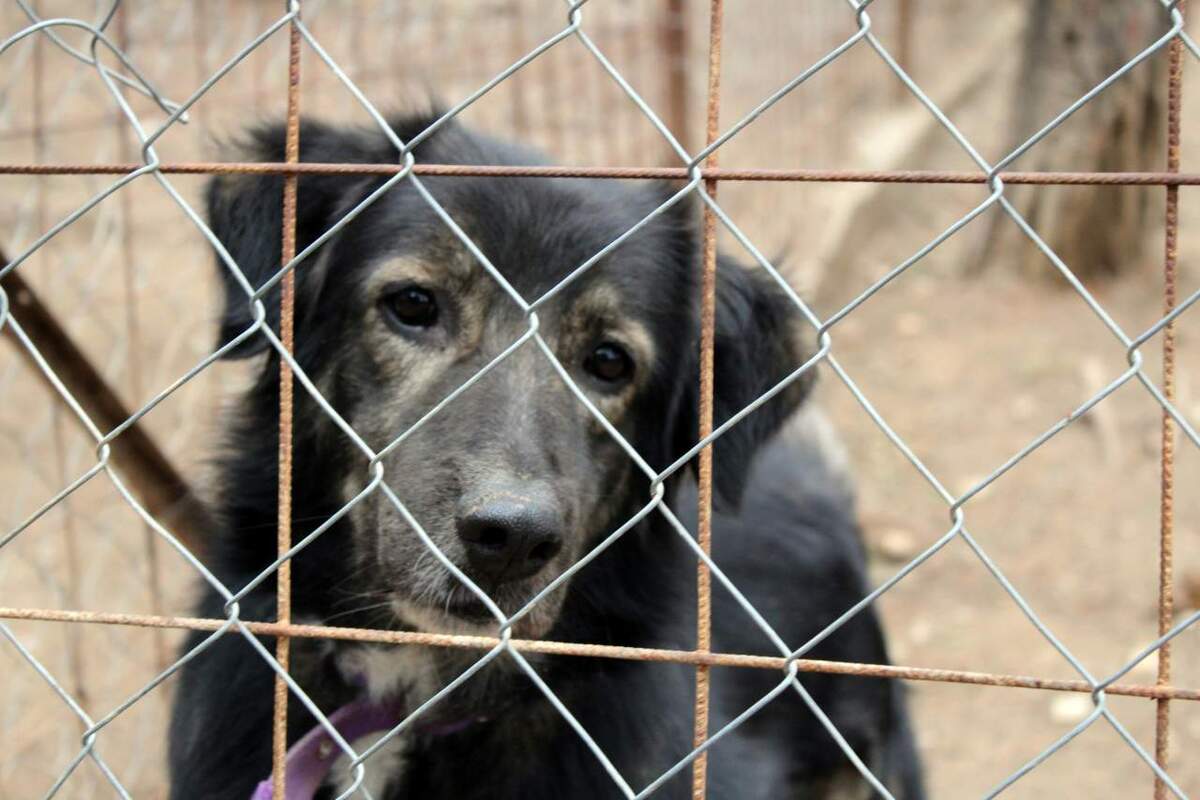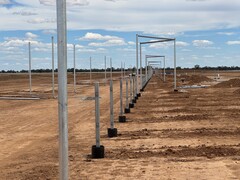Your chance to help man's best friend
Kristin Murdock
12 March 2025, 6:40 AM

In October last year, Western Plains App published a story about a parliamentary report that found cost of living, puppy farming, backyard breeding and a lack of animal friendly rentals were key issues driving animals into NSW pounds.
While there is plenty of anecdotal evidence around council pounds being at capacity, NSW is the only state that gathers and reports pound data annually.
To help reshape cat and dog laws in this state, the public is being asked for input on Companion Animal Act law changes, which have remained the same for twenty years.
The review will examine all aspects of the care and management of companion animals in NSW, including addressing the urgent need to prevent dogs and cats from entering the pound and rehoming services.
Minister for Local Government Ron Hoenig said they will look at the pressure on council pound facilities.
“There are more than 4.7 million dogs and cats kept as pets in NSW, providing love and companionship to so many people across the state,” Mr Hoenig said.
“However, the laws around pet ownership haven’t been reviewed in 20 years.
"With pet ownership on the rise and increased pressure on council pounds and rehoming organisations, it is important to assess if the current laws are still fit for purpose.”

Minister for Local Government Ron Hoenig is leading the review into the Companion Animals Act.
The review will look at actions taken in other jurisdictions and the role and enforcement responsibilities of councils.
Key issues under consideration include cat management, preventing dog attacks, pounds and rehoming services, registration and desexing, stakeholder roles and responsibilities, and the regulatory tools available under the legislation and responsible pet ownership education and training.
Local councils continue to feel the pressure of expectation to house and rehome unwanted animals and while managing dogs and cats is a big part of council business, often the staffing numbers don't measure up to the job.
“We only have one ranger in this role,” Narromine Shire Council General Manager, Jane Redden said.
“He does a great job, but we do have a big issue with dogs in pounds – our pound is mostly full, as many councils pounds are these days.”
“We have had organisations like RSPCA deliver programs around desexing and vaccinations, but not for a while.
"We have re-homing organisations come through and take some of our dogs and cats but these places are also overwhelmed by the number of animals.”
Data from the NSW Office of Local Government shows the extent of the problem across our Western Plains area.
In the 2023/2024 financial year, dogs were surrendered to local council pounds as follows; Coonamble (144), Bogan (14), Bourke (62), Narromine (137), Walgett (228), Lachlan (267), Cobar (33), Warren (66), Gilgandra (51), Warren (49) with no numbers recorded in Brewarrina.

Help your best friend by providing feedback for changes to the Companion Animal Act before March 4.
The review of the Companion Animal Act will include input from NSW parliamentary inquiries, including one into the veterinary workforce shortage.
To support the review, the Office of Local Government has released a discussion paper canvassing three key focus areas:
- the framework for encouraging responsible ownership of companion animals
- the compliance and enforcement role of councils
- animal welfare and rehoming
The review of the Companion Animals Act has also pledged to take into consideration the issues raised in the inquest of a five-week-old baby who was snatched from his mother’s arms and mauled to death by an American Staffordshire Terrier in 2021.
This tragic incident led to the Deputy State Coroner, Carmel Forbes suggesting there be a “special” category of licence for dog breeds such as Pitbulls or American Staffies, with additional conditions.
She also suggested Minister Hoenig consider requiring pet owners to hold a licence and receive safety and risk management training.
It is important or all dog and cat lovers to have their say and guide the future of laws or their loved pets.
Pet owners, councils, rehoming organisations, veterinarians and other stakeholders can provide feedback on the discussion paper before May 4, by responding to consultation questions.
To view the discussion paper and provide feedback click here.



